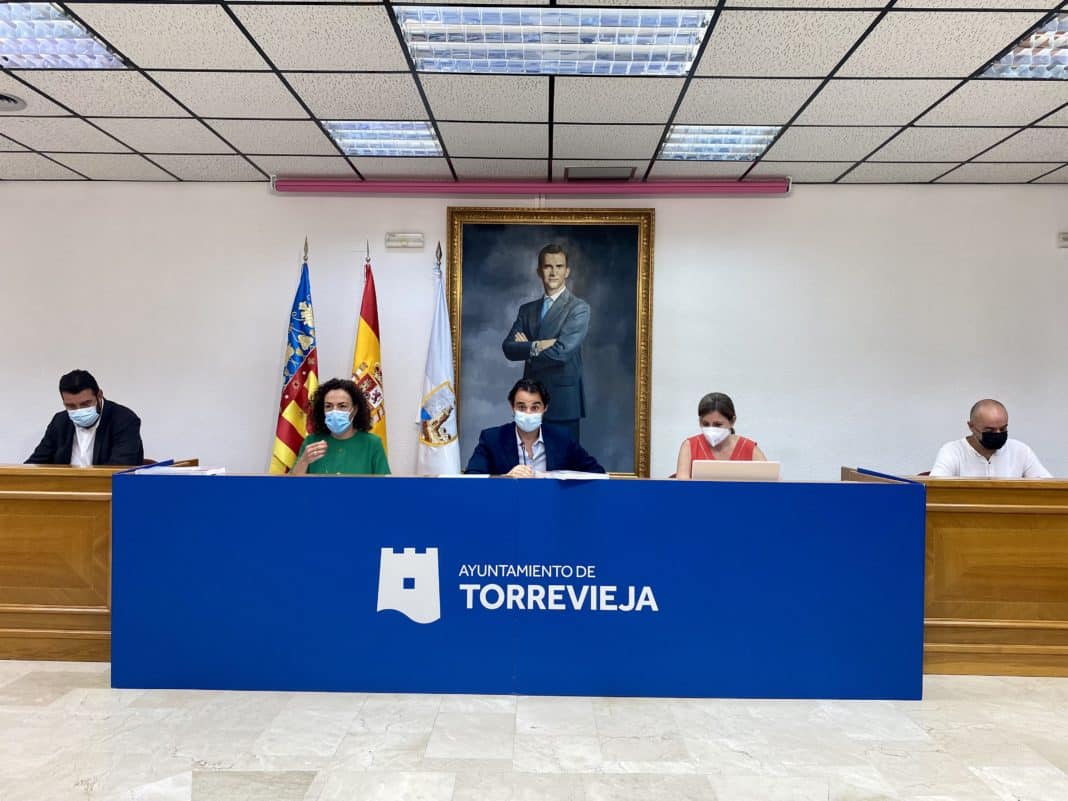On Monday morning, a new Municipal Tourism Committee was established in Torrevieja, chaired by the mayor, Eduardo Dolón, the General Assembly of which will meet twice a year.
It is an advisory body to facilitate the participation and collaboration of the public in future decisions on tourism, based on respect for the rights of tourists and residents. The scope of this council, tourism, has evolved significantly, both from the point of view of the business sector and of today’s society; with the assumption that greater participation in public affairs contributes to improvement in decision-making processes.
Composition
- 1 permanent member. Delegate Councillor for Tourism
- 5 members representing the political groups.
- 15 members appointed by the Mayor’s Office made up of the institutions and associations in the tourism field: (University of Alicante, Alicante Provincial Council, General Director of Tourism of the Generalitat, Director of the Natural Park of the Torrevieja lagoons and La Mata, APYMECO, Association of Hospitality Companies of Torrevieja and Region, Real Club Náutico Torrevieja, Club Náutico Marina Internacional, Alicante Sur, Fishermen’s Association, PROVIA, Tele Taxi, Torrevieja Carnival Association, Torrevieja Casino Cultural Society and Tourism Association Active Torrevieja).
- 7 members appointed directly by the mayor from among people with clear tourist ties:
-
- José Pedro García (transport sector).
- José Fernando Vera (Professor at the University of Alicante – tourism training and research).
- José Andreu (hotel sector).
- Joseph Pérez (Salinas de Torrevieja- tourist services).
- Carmen Álvarez (leisure and hospitality).
- Tomás Arenas (hospitality).
- Nathalie de Souza (commerce, hotels and nightlife).
The Municipal Tourism Council has also discussed at it’s first meeting the proposal for the creation of Sectorial Tables, which are work commissions to present reports or proposals to the General Assembly.
Initially, three sectoral roundtables have been proposed:
- Residential Tourism
- Commerce, Hospitality and services (what was previously called the complementary offer: salt flats, active tourism, sports tourism, natural park, Aquópolis and Marinas).
- Large cross-cutting themes, which would include accessibility, sustainability, innovation and digital transformation.
At the end of July, the members of the three sectorial tables will be proposed, as well as the possibility or need to create any more.
The mayor has said that in the month of September these sector tables will start work so that by the end of the year they will have proposals and ideas which they will begin to carry out in 2022.
Finally, it should be noted that tourism planning aims at sustainable development, reconciling economic development considering the repercussions of tourism activity now and in the future, having maximum respect for the interests of tourists but also of the local society that welcomes.





